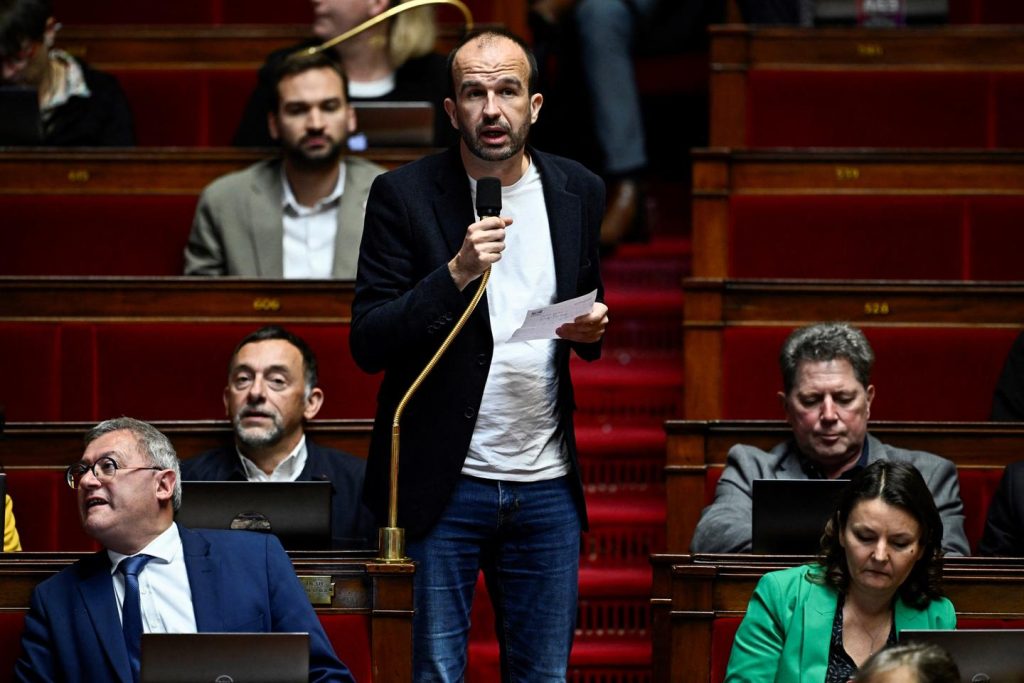The victory of Donald Trump and the defeat of Kamala Harris in the US presidential election has highlighted divisions on international and national issues on the left. La France insoumise (LFI), a left-wing political party, was quick to react, interpreting Harris’ failure as a validation of their “radical” approach over a “soft” left, according to Antoine Léaument, an LFI deputy. They see Trump’s return to the White House as proof that only a radical and popular left could defeat the far right. LFI believes that mobilizing the people requires a radical approach with social and geopolitical changes, contrasting Harris’ more moderate stance during the campaign.
Political analyst Philippe Marlière notes that American elections are not won by moving further left, citing Bernie Sanders’ unsuccessful bid for the Democratic nomination in 2016. While Sanders represented a radical left in American politics, his approach was not successful in securing electoral victory. Jean-Luc Mélenchon, the leader of LFI, has been criticized for equating Democrats and Republicans, displaying anti-Atlanticism, and promoting confusion in his political discourse. He believes that the US did not have a left-wing option in the election, and views both candidates as similar but not identical on issues like Israel-Palestine and capitalism.
LFI is anticipating challenges ahead, particularly on the issue of aid to Ukraine and the strengthening of European defense, where they may find themselves swimming against the tide. They have historically taken a nuanced approach to the conflict with Russia, advocating for peace and suggesting a conference on borders, which could conflict with mainstream attitudes towards support for Ukraine. With these issues likely to reemerge in public discourse, LFI may face difficulties navigating these complex geopolitical challenges under their current eurosceptic stance.
The party is taking a proactive approach to framing the narrative following the US election, positioning itself as a viable alternative to mainstream center-left politics that failed to secure victory against the right-wing candidate. They argue that a bold and radical approach is necessary to mobilize support and drive meaningful change against authoritarian and far-right forces. By emphasizing the need for social and geopolitical ruptures, LFI seeks to position itself as a credible option for voters dissatisfied with traditional political alignments.
While LFI’s response to the US election results reflects their commitment to a radical leftist agenda, they must also address the complexities of international relations and navigate the nuances of global politics. By engaging with issues like aid to Ukraine and European defense, they will face challenges in reconciling their anti-establishment position with the practical realities of governance and diplomacy. As the party seeks to maintain its relevance and influence within the changing landscape of left-wing politics, it must continue to refine its policies and messaging to resonate with a diverse and evolving electorate.


